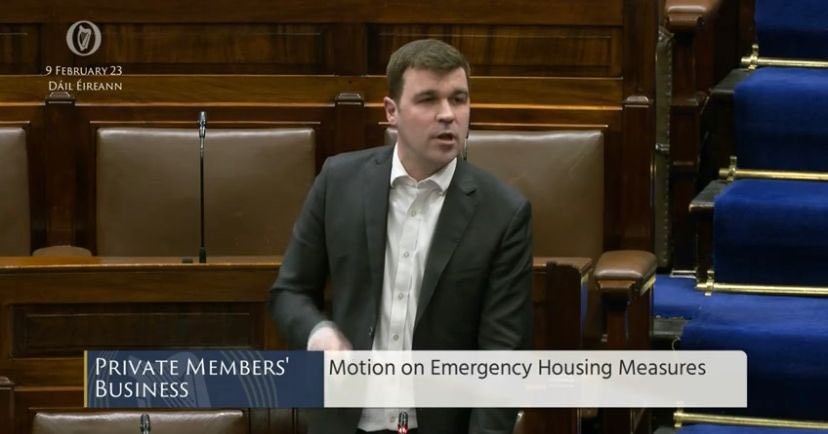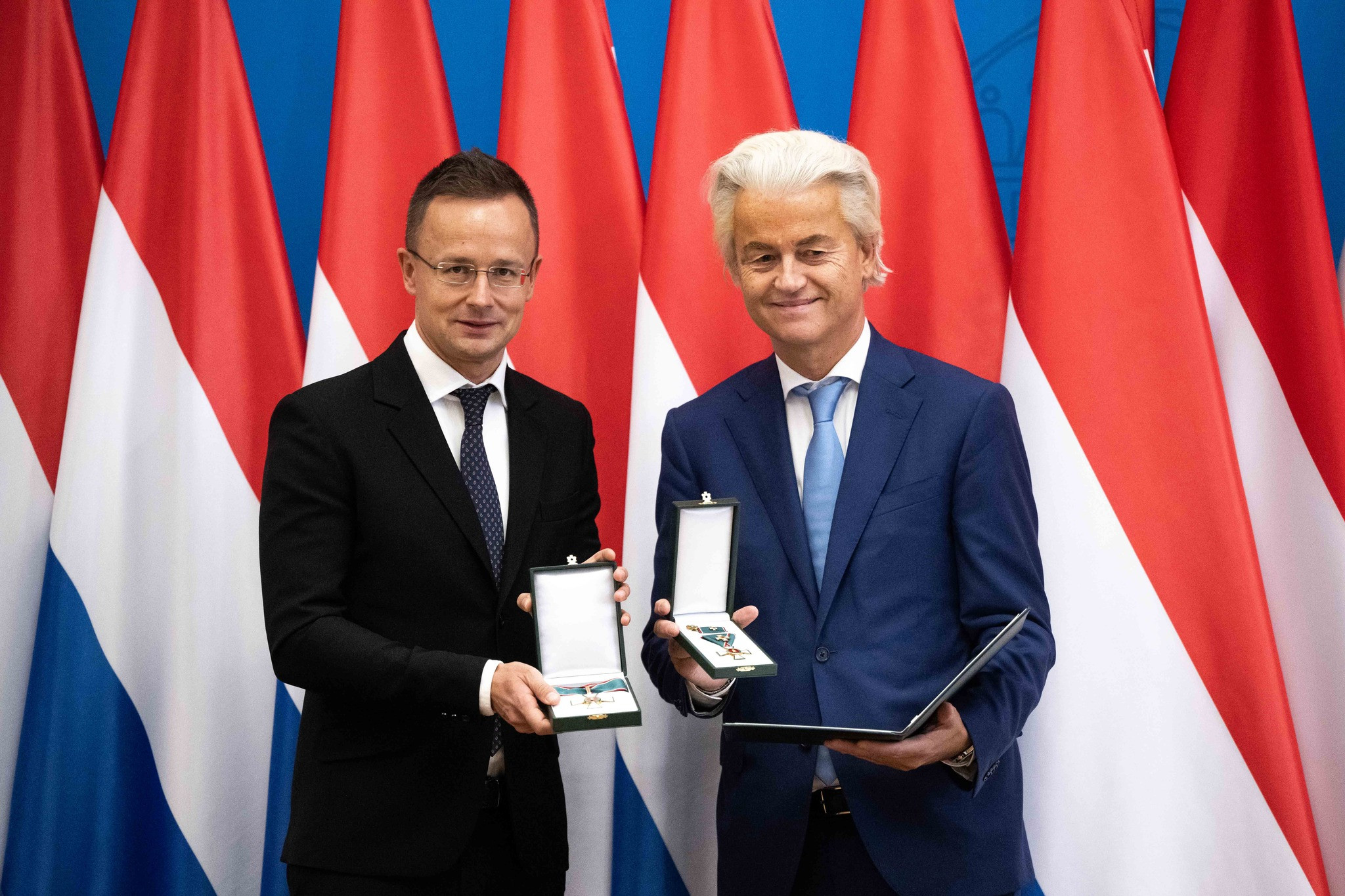Labour’s Finance Spokesperson, Drogheda TD Ged Nash, has launched the party’s Cost of Living Action Plan today, calling for urgent government action to protect Irish families from the relentless rise in the cost of living.
Speaking at the launch in Dublin, Deputy Nash highlighted that under the current government, prices have risen faster than wages and fixed incomes, eroding the real spending power of households across the country. The rising cost of living, he said, has much to do with government inaction and toothless regulation, with a lack of consumer protection focus.
Calling for immediate action in Budget 2025, and for the next government to ‘declare war’ on high prices by getting regulators to adopt a more pro-customer approach, Deputy Nash said; “Over the last year alone, food prices have soared by 2%, and Irish energy prices remain among the highest in Europe. This government has stood by as forms of legalised price gouging has taken root, doing little to shield the public from the relentless squeeze on their wallets. The time for talking is over; we need real action to address the cost of living crisis.”
Labour Party's Action Plan: Key Measures
The Labour Party’s Cost of Living Action Plan outlines a series of practical and immediate measures to restore fairness and economic stability. These include:
-
Increased Social Welfare Payments: Labour is advocating for a significant increase in social welfare payments and tax credits, which would provide a much-needed boost to those on fixed incomes, such as pensioners, carers, people with disabilities, or illness and those seeking employment.
-
Real Living Wage: The party proposes introducing a real Living Wage to ensure that work pays and that workers can meet their basic needs without falling into poverty.
-
Tackling Energy Costs: Labour proposes reducing electricity prices to the European average and giving the CCPC (Competition and Consumer Protection Commission) the powers and resources it needs to tackle price gouging. The party believes that Irish families would pay €500 less in their electricity bills every year if prices were at the European average. An independent expert assessment of why energy costs in Ireland is so, must be carried out.
-
Consumer Protection: As an indication of Labour’s commitment to fairer prices, in government, they would appoint a Minister of State for Consumer Protection.
A Long-Term Strategy for Affordable Living
In addition to these immediate measures, Labour has proposed structural, regulatory reforms that would make energy, phone, broadband, and grocery bills more affordable in the long term by:
-
Strengthening the CCPC: The party is advocating for a strengthening of the CCPC’s regulatory powers, allowing it to effectively address issues of price gouging and unfair market practices.
-
Promoting Competition: Labour believes that increased competition in key sectors like energy and telecommunications would drive down prices for consumers.
-
Investing in Renewable Energy: The party supports investing in renewable energy sources to reduce Ireland's dependence on fossil fuels, contributing to both lower energy costs and environmental sustainability.
A Call for Action and a Path to Fairness
Deputy Nash emphasized that the Labour Party’s proposals are both realistic and necessary. He pointed out that incomes are simply not keeping pace with the rising cost of living, forcing many families to make difficult choices between essential needs like heating their homes and putting food on the table. Labour's proposals aim to protect incomes, ensure fair pricing, and support those who are being left behind by a government that has lost touch with the everyday struggles of ordinary people.
“The Government must support our proposals to build a future that works for all. This is not just about managing a crisis—it’s about ensuring that everyone in Ireland can afford to live with dignity and security. The time for action is now,” Deputy Nash concluded.
Addressing the Root of the Crisis: A Pro-Customer Approach
The Labour Party’s Cost of Living Action Plan goes beyond immediate relief measures; it seeks to address the root causes of the crisis by pushing for a more pro-customer approach to regulation. By empowering the CCPC, promoting competition, and investing in renewable energy, the party hopes to create a more sustainable and affordable future for all Irish citizens.
The plan also reflects a growing sense of urgency among the Irish public, who are increasingly concerned about the affordability of basic necessities like food, energy, and communication services. As the cost of living continues to rise, it remains to be seen whether the government will take concrete steps to address these concerns and implement the measures proposed by the Labour Party. Only time will tell if the government will truly prioritize the well-being of its citizens and take the necessary steps to ensure a future where everyone in Ireland can afford to live with dignity and security.

















